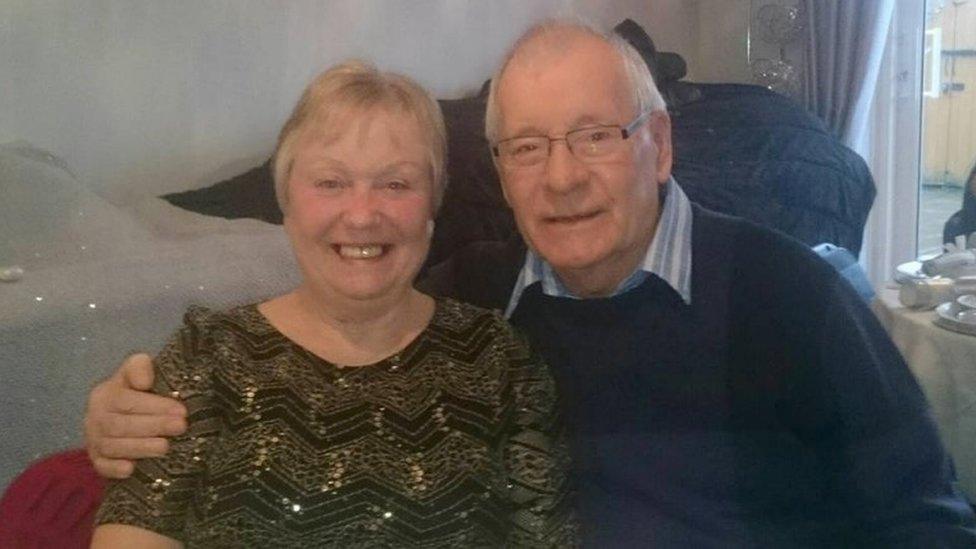Assisted dying campaigner recalls parents' fear
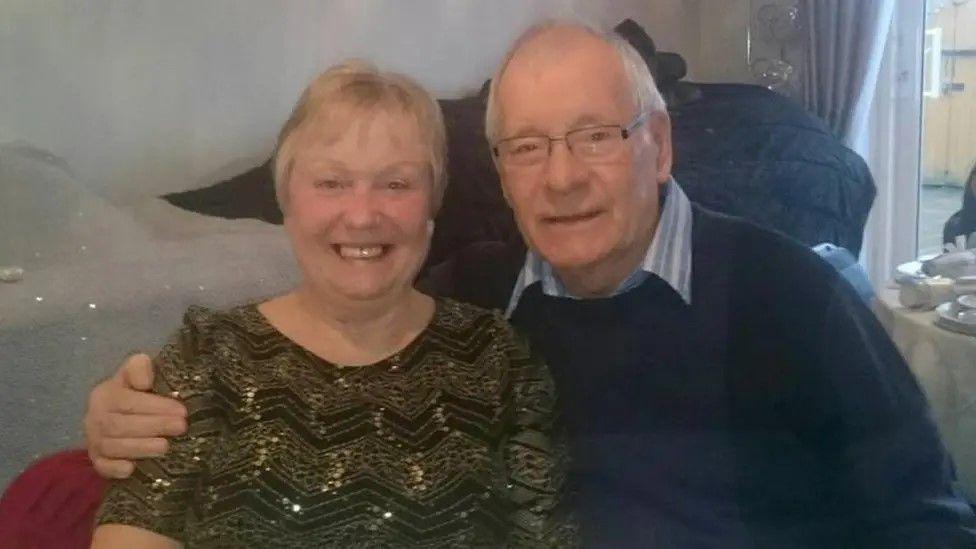
Mavis Eccleston was charged and later cleared of the murder of her terminally ill husband Dennis in 2019
- Published
"She knew the only way that she could help dad was if she took her own life as well."
Like many contributing to the assisted dying debate, whether formally or informally, the matter is personal for Joy Munns, from Burton-upon-Trent, who has sought a change in the law.
She said her father Dennis Eccleston was terminally ill with cancer in 2018 when he and her mother Mavis decided to end their lives. Her mother's death, she added, was to be a "sacrifice" after easing Dennis's suffering. But while he died, Mavis survived following hospital intervention and was charged with his murder before being cleared in 2019.
On Friday, MPs supported a bill which would allow terminally ill adults expected to die within six months to lawfully seek help to end their own life.
Ms Munns said had assisted dying been lawful several years ago, her father would not have had to ask her mother to "give the ultimate sacrifice".
She added that knowing her parents were "scared, frightened, and alone" had spurred her on to campaign with group Dignity in Dying.
"That vision, it never leaves me. I have nightmares about it," she said of her parents' situation.
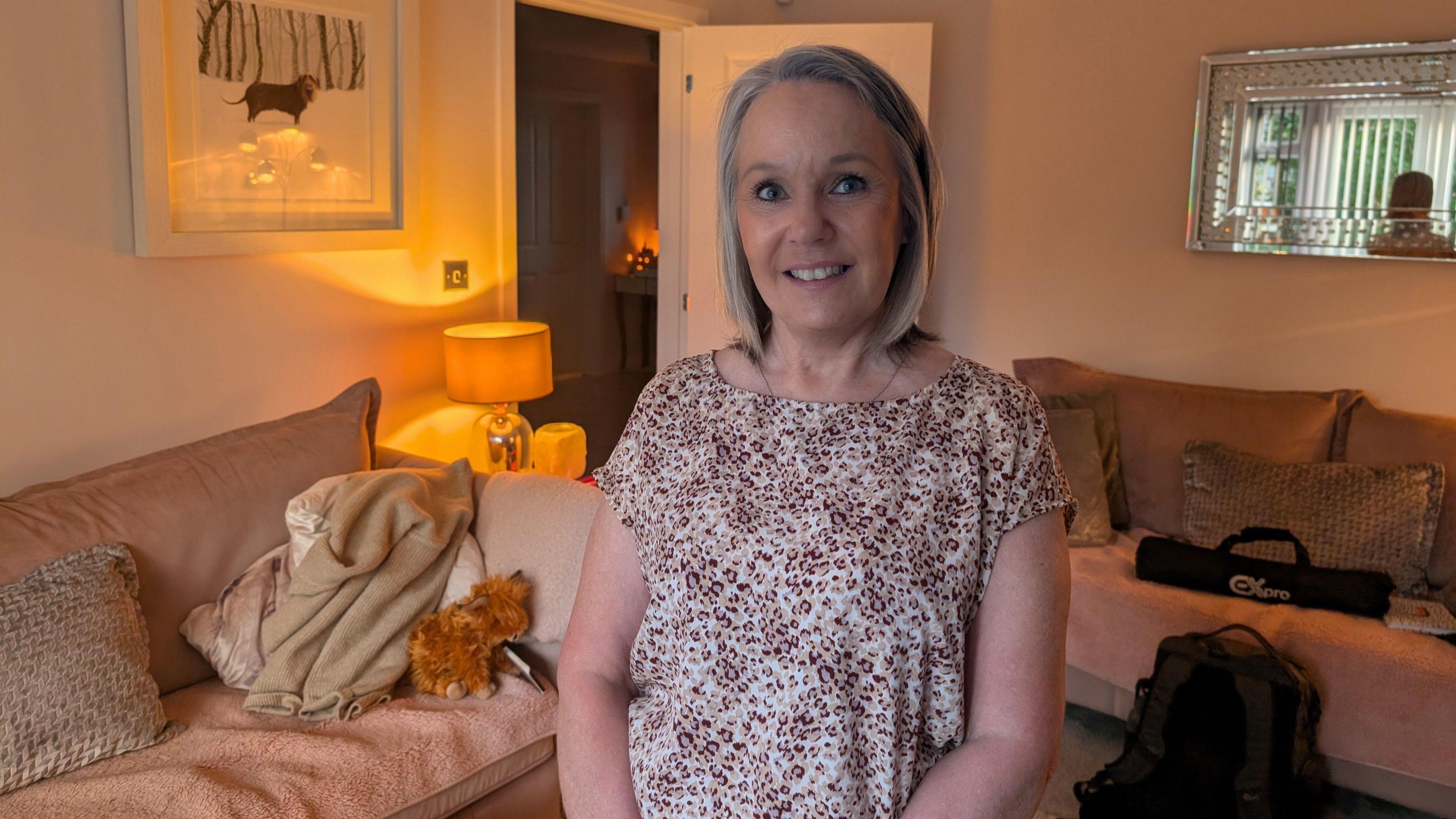
Joy Munns is campaigning for a change in the law
MPs supported the bill by 330 to 275. Opponents raised concerns that terminally ill people, particularly elderly, disabled or vulnerable individuals, could be pressured into ending their own lives.
They also argued the focus should be on improving end-of-life care rather than introducing assisted dying.
'She was taken out of my arms'
"My dad, that horrible night, lying there in his own mess and then being so upset that he’d literally messed himself again within minutes, begging my mum not to put him in a home or not to call an ambulance," Ms Munn recalled.
"That’s the people that I’m doing it for."
The husband and wife were found by family members at their bungalow in Huntington, near Cannock, Staffordshire, on 19 February 2018.
They had written a note saying they had decided to take their own lives, explaining their actions to their children.
They were rushed to hospital where Mrs Eccleston was saved.
"To hear a detective telling you your mum's been arrested for murder… I thought it might’ve been assisted suicide," Ms Munn told the BBC.
"She was taken out of my arms at the hospital and she was in a nightie, dressing gown and slippers."
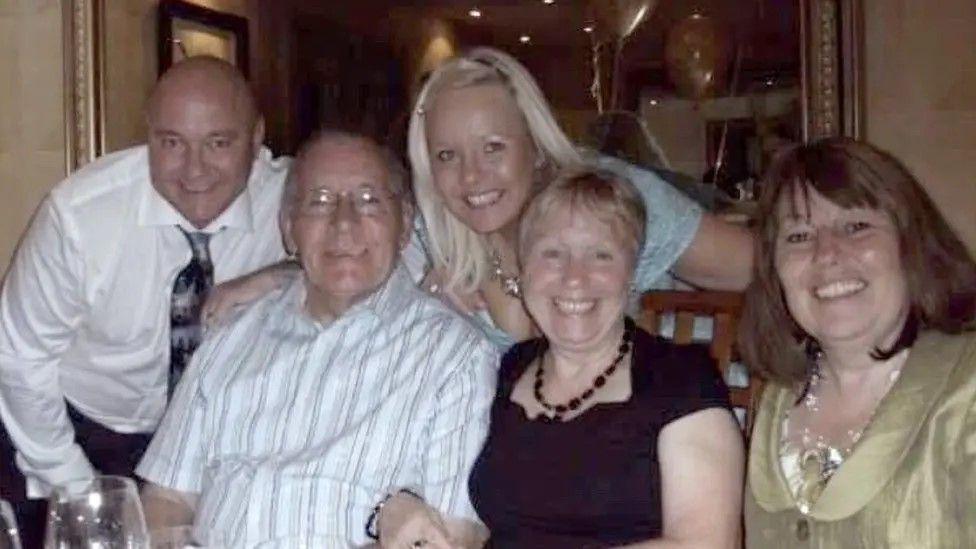
A book and television drama have been commissioned to tell the story of the couple (centre)
"With dad's case, it was such a prominent case that people now look at it and think 'it could be anybody'," said Ms Munn.
"We're not all lucky enough to be rich, to be able to fly off to Dignitas."
A book and television drama have been commissioned to tell the story of Mr and Mrs Eccleston.
The bill will now face many more months of debate and scrutiny by MPs and peers, who could choose to amend it, with the approval of both Houses of Parliament required before it becomes law.
Labour MP Kim Leadbeater, who put forward the bill, told the BBC she was "a bit overwhelmed" following the vote and it meant "a huge amount" to be able to tell campaigners the bill had passed its first parliamentary hurdle.
However, Conservative Danny Kruger, a leading opponent of the bill, said it could be defeated at a later stage if MPs' concerns were not properly addressed.
Get in touch
Tell us which stories we should cover in Staffordshire
Follow BBC Stoke & Staffordshire on BBC Sounds, Facebook, external, X, external and Instagram, external.
Related topics
- Published29 November 2024
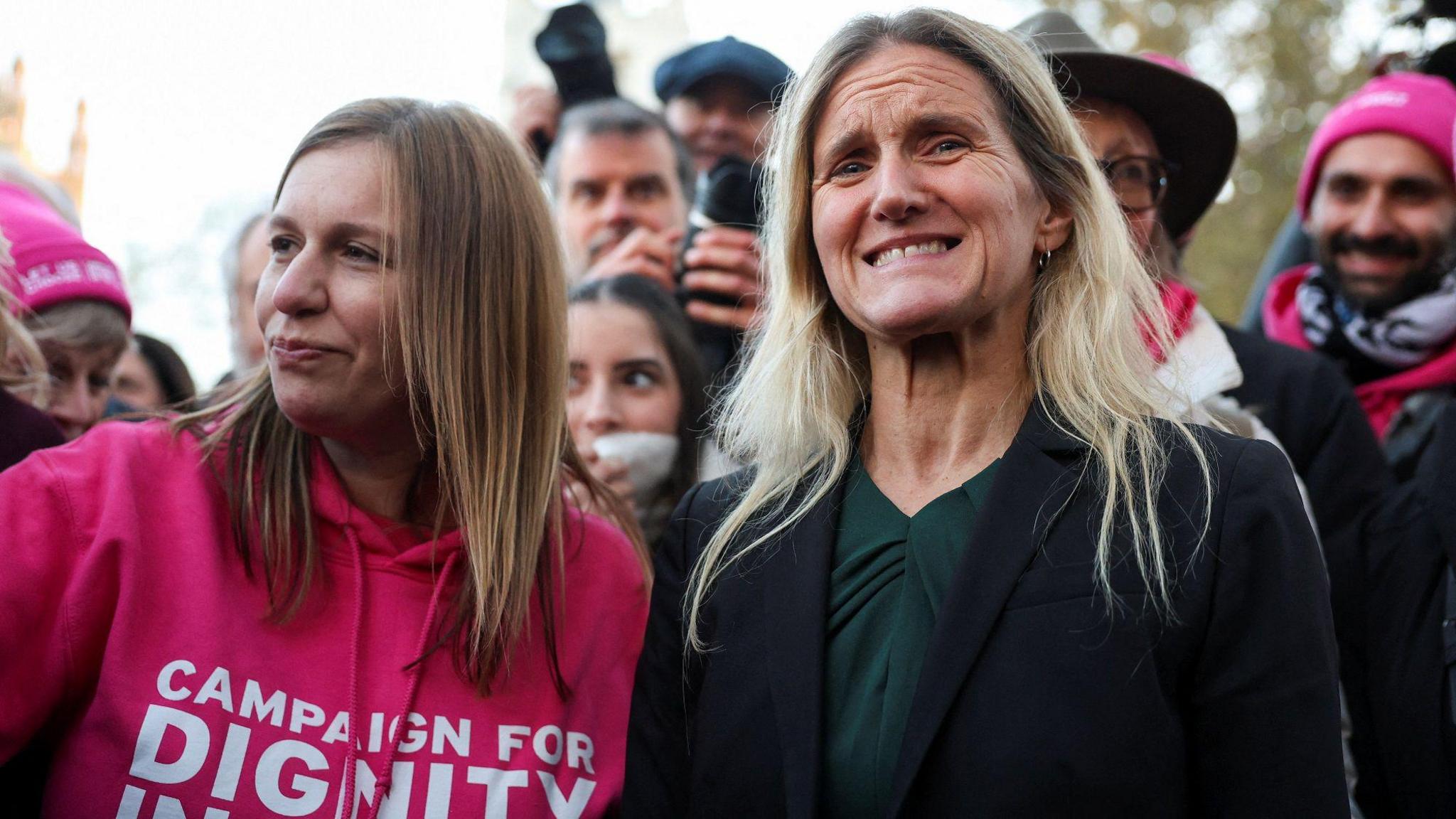
- Published29 April 2024
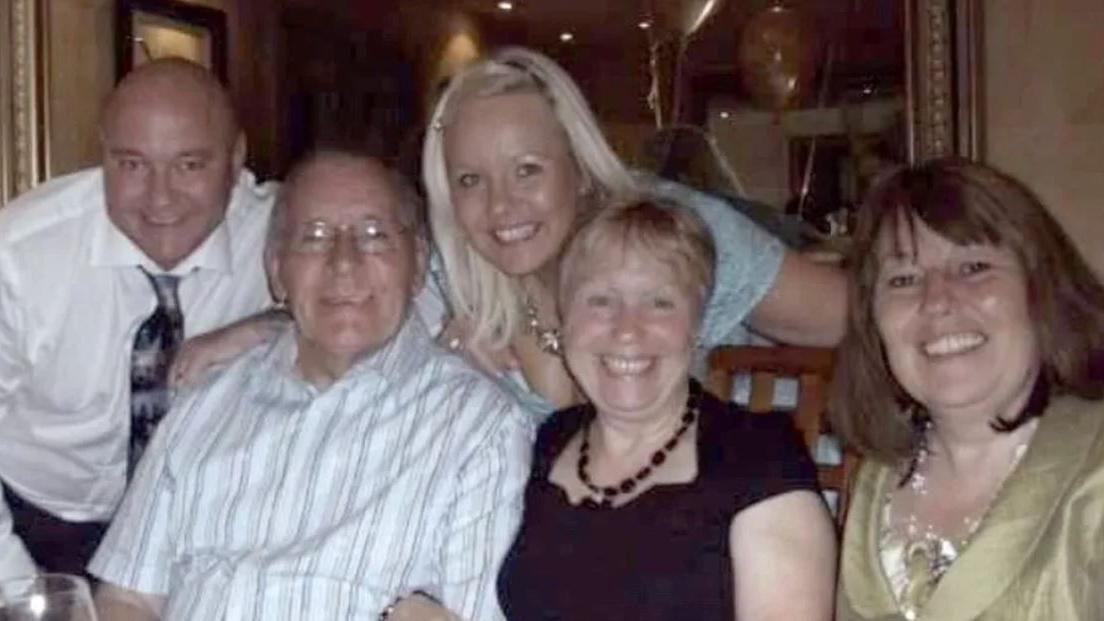
- Published18 September 2019
